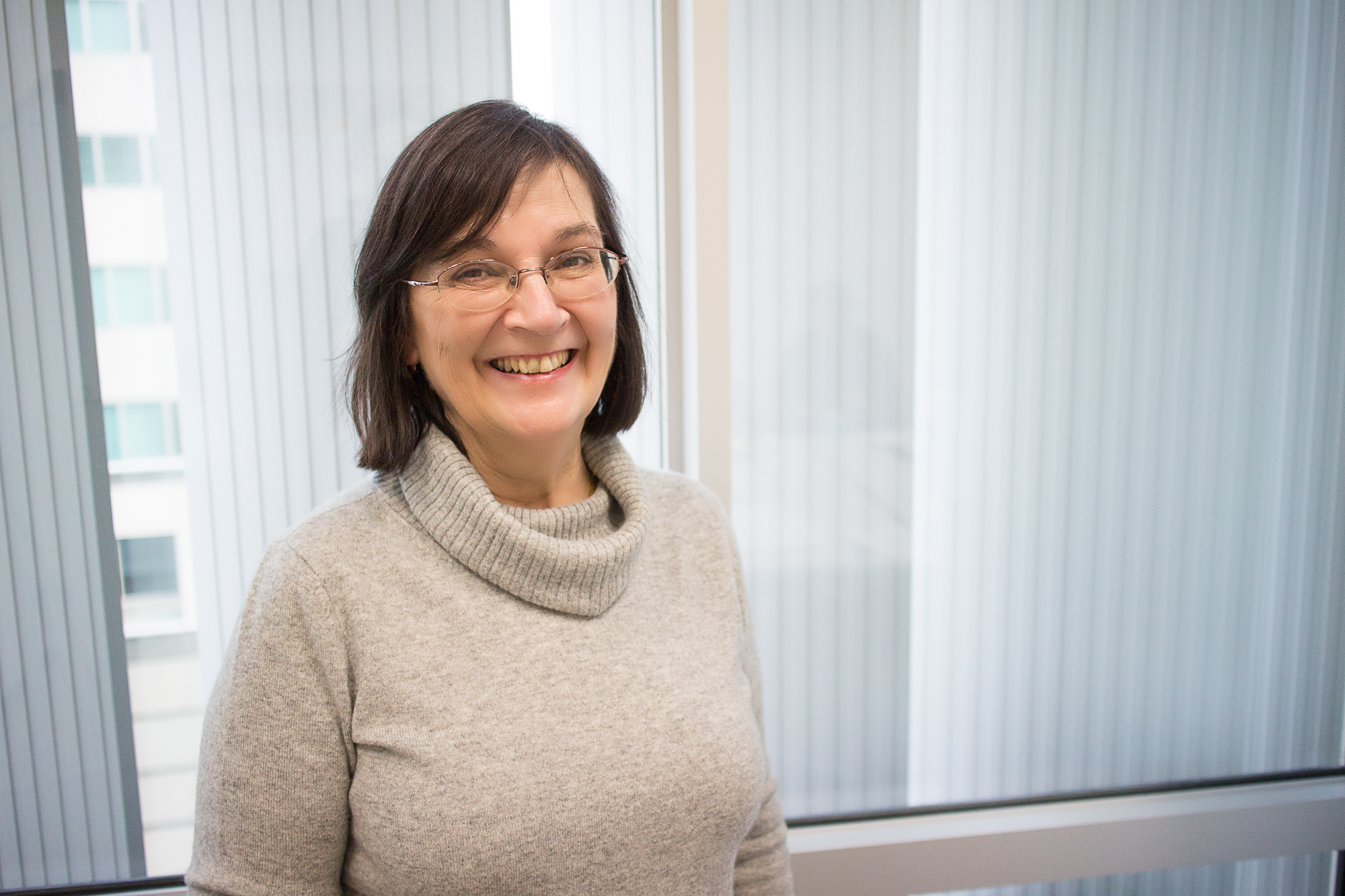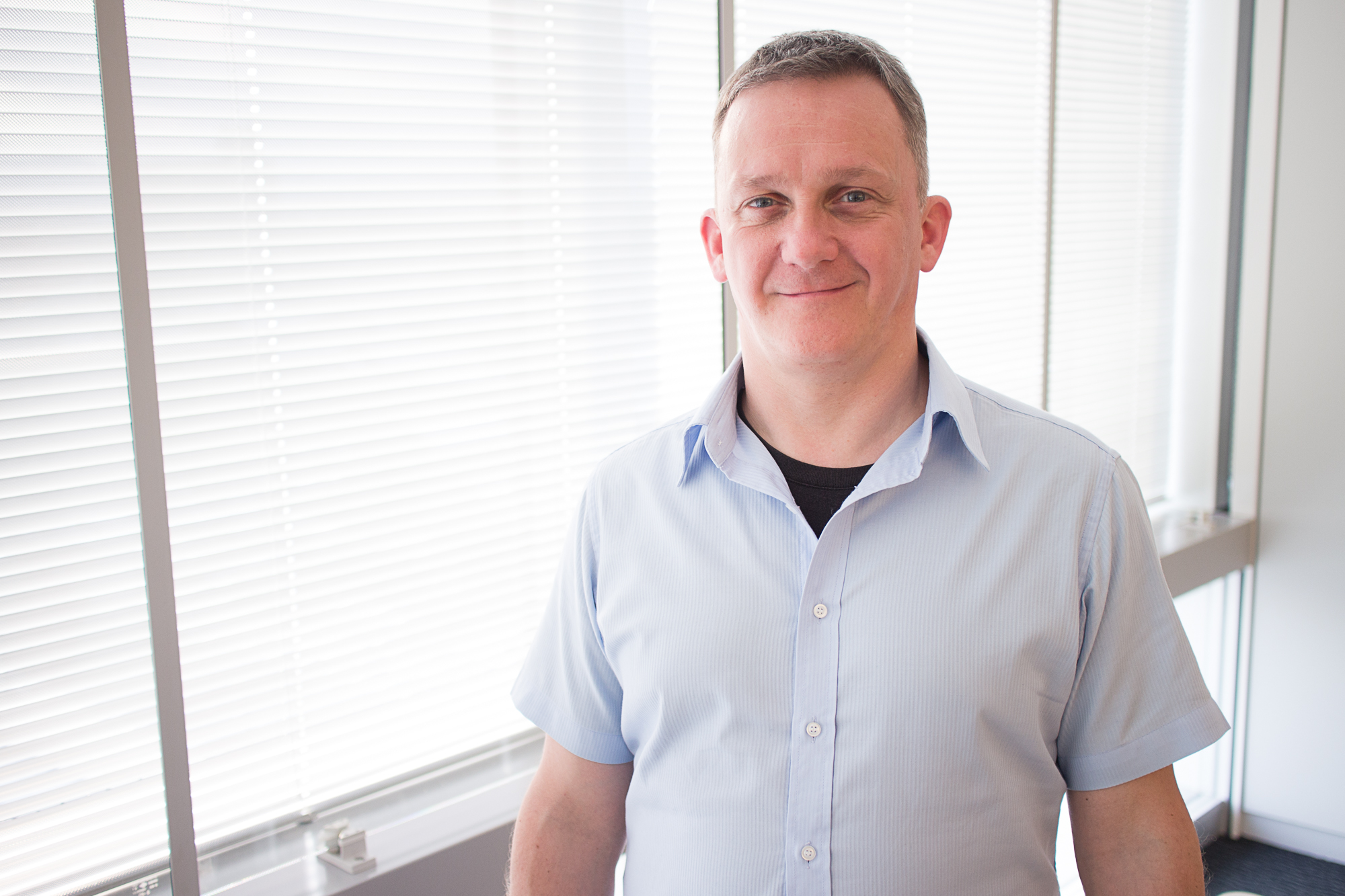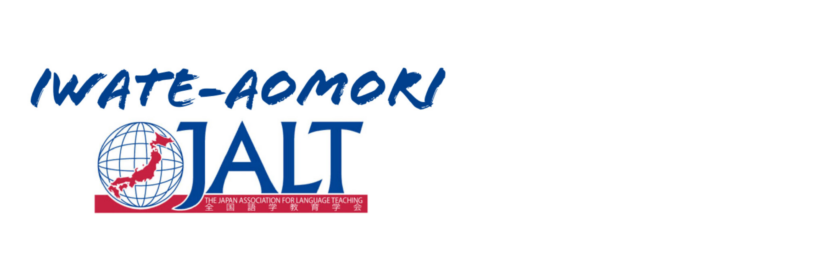Today I’m going to report on the meetings we had in January and February. I like putting them together in this format. Let me know in the comments if you’d prefer them to be separate.
Diane Nagatomo – January 31

We were very lucky to have Diane Nagatomo from Ochanomizu University in Morioka at the end of January to talk about the research she is currently undertaking. Diane is tackling professional identity development of English teachers in Japan who have chosen to reside in the country permanently. He research focuses specifically on foreign women who are married to Japanese men and what they must deal with on a daily basis.
Diane gave us an account of Victoria. Victoria is a woman from Australia who came to live in Japan and teach here. However, she also became the manager of a temple and the mother and wife. Diane explored all the ways in which Victoria identities cause her issue in a typical Japanese town. The daily struggle of a foreign woman in the Japanese work world is perhaps not surprising, but the ways in which Victoria deal with the identities placed on her as well as the identities she places on herself give an insight into her live.
After the presentation Diane held a workshop in which we explored identity and how it impacts the way people are treated.
John Campbell-Larsen – February 28

John Campbell-Larsen from Kyoto Women’s University was our plenary speaker last year at MEES 2015. We were so enthralled by his talk on using discourse makers, that we asked him to come back and give a full ninety minute presentation on the topic. He did not disappoint. Not only did John give us an overview of the history of of discourse markers and some of the negativity that has been shown towards them, but he also taught us how to teach them to students and gave us an account of how he does it in his classes. I am now convinced that these once disregarded “filler” words such as ‘so’ ‘uh’ ‘you know’ and ‘I mean’ might just be the ticket to English language fluency.
We want to thank both Diane and John for taking the time out of their busy schedules to join us this year.
Reported by: Jason Hill
All photography ©2016 Jason Hill
